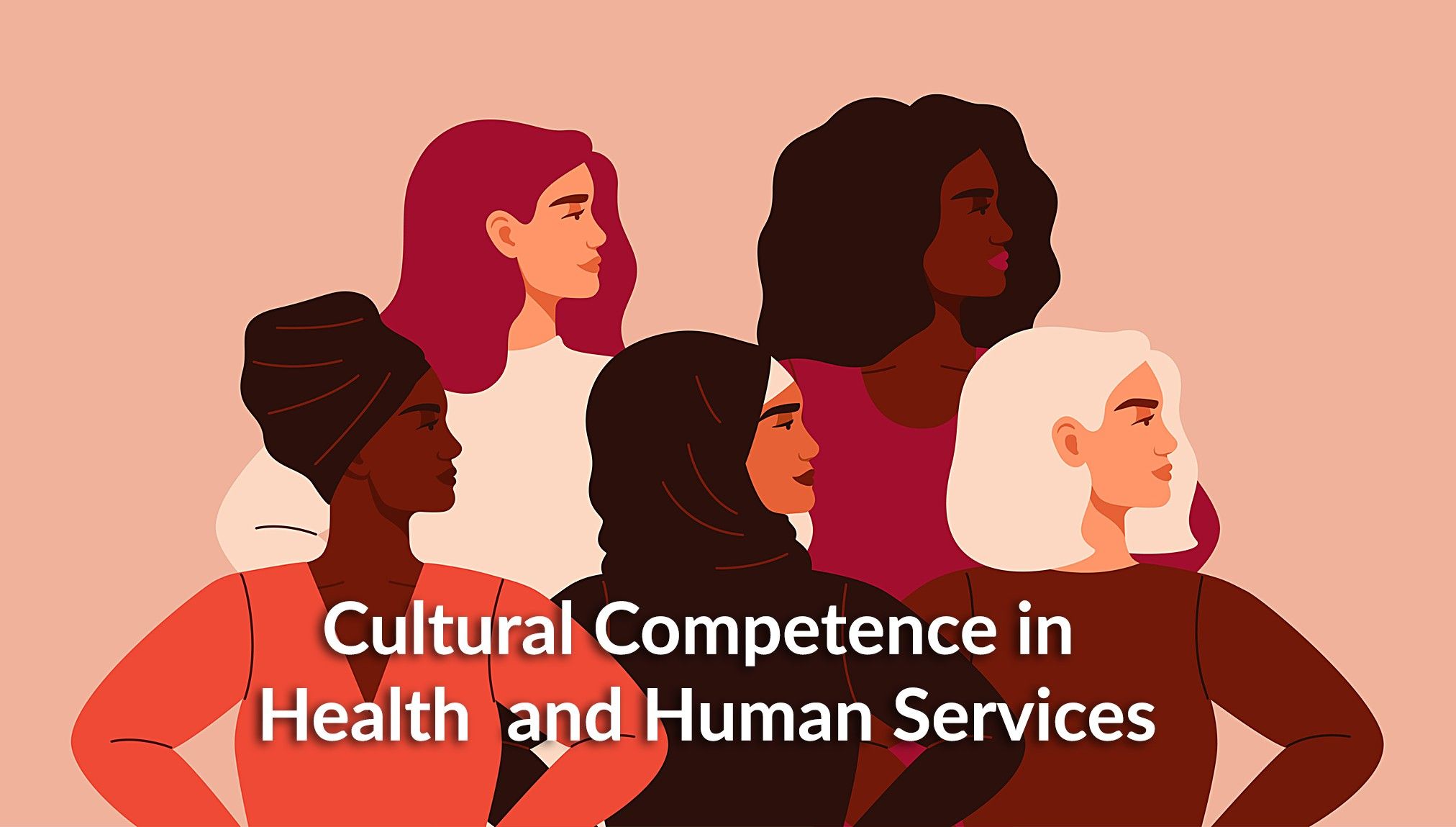Cultural Competence in Health and Human Services

Provided by the CDC (Centers for Disease Control and Prevention)
Nowhere are the divisions of race, ethnicity, and culture more sharply drawn than in the health of the people in the United States. Despite recent progress in overall national health, disparities continue in the incidence of illness and death among African Americans, Latino/Hispanic Americans, Native Americans, Asian Americans, Alaska Natives, and Pacific Islanders, as compared with the US population as a whole.
Health and human service organizations are recognizing the need to enhance services for culturally and linguistically diverse populations. Providing culturally and linguistically appropriate healthcare services requires an understanding of cultural competence.
What is Cultural Competence?
Cultural and linguistic competence is a set of congruent behaviors, attitudes, and policies that come together in a system, agency, or among professionals that enables effective work in cross-cultural situations. ‘Culture’ refers to integrated patterns of human behavior that include the language, thoughts, communications, actions, customs, beliefs, values, and institutions of racial, ethnic, religious, or social groups. ‘Competence’ implies having the capacity to function effectively as an individual and an organization within the context of the cultural beliefs, behaviors, and needs presented by consumers and their communities.
Improved quality of care is the outcome measure that indicates whether implementing training programs, policies, and culturally or linguistically appropriate standards makes a difference. A new trend in the literature suggests that using cultural competency in a focused or strategic way can be a helpful adjunct to the quality improvement process.
For example, if a program wants to analyze patterns of broken appointments, it might examine variables such as age, gender, or race/ethnicity. If the analysis reveals that adolescents have the highest rate of broken appointments, the program can target specific strategies to this group. Does the clinic need to have weekend hours, when teens can more easily slip away from home? Would providing free transportation or reminder calls from caseworkers help? Does the provider reflect a youth-sensitive approach to the clinic’s client base?
Cultural competence is the integration and transformation of knowledge about individuals and groups of people into specific standards, policies, practices, and attitudes used in appropriate cultural settings to increase the quality of services; thereby producing better outcomes.





